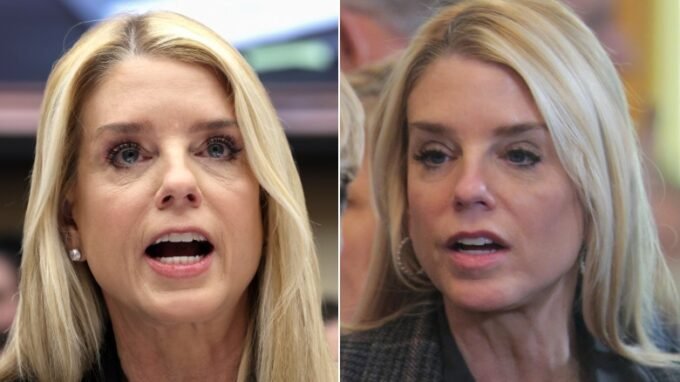In a recent outburst, Peter Obi, the Labour Party’s presidential candidate in the 2023 election, expressed his strong disapproval of the National Assembly’s decision to use a voice vote for the ratification of President Bola Tinubu’s declaration of a state of emergency in Rivers State. This controversial move has raised eyebrows among political analysts and concerned citizens alike, who argue that such a significant decision should have followed the proper legislative procedures.
Voice Vote or Constitutional Breach?
On Thursday, Obi took to social media to voice his concerns about the erosion of democratic processes in Nigeria. He emphasized that the use of a voice vote to decide such a critical matter as an emergency declaration is fundamentally flawed. According to him, the Constitution outlines a clear procedure that mandates a more formal vote, emphasizing the need for recorded votes to ensure accountability and transparency.
Obi stated, “While still agonizing over the ongoing deterioration of democracy in our nation, particularly in Rivers State, I implore the National Assembly not to support and sustain the unconstitutionality and arbitrariness. The recent decision to approve an emergency rule through a voice vote is nothing short of adding ‘salt to injury’—it shows a blatant disregard for constitutional norms.”
In his remarks, Obi highlighted that the Constitution clearly stipulates that such a significant decision should be validated by at least a two-thirds majority of all members present in both the Senate and the House of Representatives. He argued that a simple “Aye” or “Nay” cannot accurately reflect the necessary legislative support for such a consequential declaration.
Also read: Emergency Declaration in Rivers State: A Call for Support from Northern Representatives
The Need for Integrity in Governance
Obi’s strong stance raises an essential question about the integrity of Nigeria’s democratic processes. The former governor of Anambra State highlighted that a proper voting method—essentially a roll call, division, or electronic means—is necessary to uphold the law and ensure legitimacy in governmental decisions. He lamented, “It’s disheartening that a decision as crucial as approving an emergency proclamation, which could alter the course of the nation, was handled with such casual disregard for constitutional standards.”
The implications of overlooking these legal procedures extend beyond just this instance. Obi warned that allowing a voice vote for such critical matters sets a dangerous precedent, one that could compromise other democratic principles in the future. “If we can bend the rules so easily, what prevents us from undermining other pillars of democracy? Today, it’s a voice vote concerning a state of emergency; tomorrow, it could be a voice vote regarding citizens’ fundamental rights,” he cautioned.
Moreover, Obi’s critique isn’t simply political rhetoric; it reflects broader concerns within the populace about how the leaders who have sworn to uphold the Constitution may be undermining it. He urged both the National Assembly and the public to reflect deeply on the implications of such a flawed decision-making process. “We must ask ourselves: If the law does not anchor our decisions, then what does?” he questioned.
Also read: Judicial Crisis in Benue State: Coalition Calls for Justice Intervention Over Alleged Misconduct
As the discourse surrounding the emergency declaration continues, Obi’s comments serve as a warning signal that the health of Nigeria’s democracy is at stake. He strongly asserts that the integrity of the legislative process must not be compromised, calling for greater scrutiny and accountability among elected representatives.
As the political climate in Nigeria becomes increasingly fraught with challenges, the call for democratic integrity and adherence to the Constitution will resonate with many. Obi’s statements underscore a growing concern about the need for transparency and adherence to established procedures, ensuring that democracy is not only preserved but strengthened.
In a nation where the law should reign supreme, the recent actions of the National Assembly have opened up crucial discussions regarding the future of governance and accountability in Nigeria.









































Leave a comment